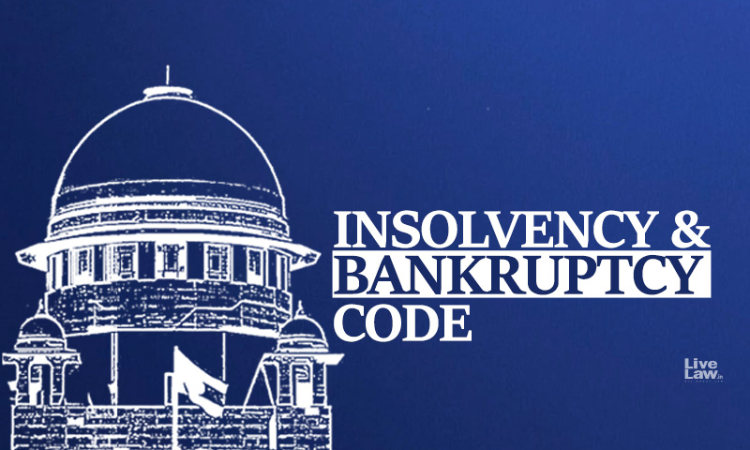The Supreme Court today (07.11.2023) commenced its hearings in a batch of petitions challenging the constitutionality of various provisions of the Insolvency and Bankruptcy Code (IBC) relating to Personal Guarantors Insolvency Resolution Process. The central contention raised by the petitioners challenging Sections 95(1), 96(1), 97(5), 99(1), 99(2), 99(4), 99(5), 99(6), and 100 of the Code...

